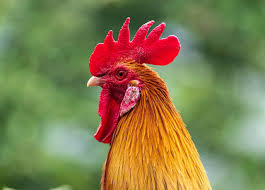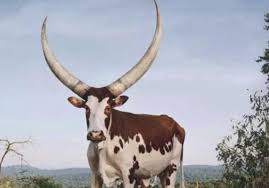Vitamin A, D, and E Injection
Name:
Vitamin A, D, and E Injection
Common Content:
Vitamin A: 500,000 IU/ml
Vitamin D3: 75,000 IU/ml
Vitamin E: 50 mg/ml
Common Volume:
100 ml; 250 ml per bottle
Applicable Animals:
Cattle, pigs, sheep, goats, horses, poultry, rabbits, alpacas, and other domestic and farm animals globally.
Dosage and Administration:
Cattle/Horses:
1-2 ml per 50 kg body weight, administered via intramuscular (IM) or subcutaneous (SC) injection.
Frequency: Every 4-6 weeks, or as advised by a veterinarian.
Sheep/Goats/Pigs:
1 ml per 10-20 kg body weight, IM or SC.
Frequency similar to cattle, adjusted based on health and nutritional needs.
Poultry:
Dosage typically administered through drinking water.
Specific doses should be calculated based on flock size and water consumption rates.
Indications and Symptoms:
Vitamin A: Essential for vision, immune function, and reproduction. Treats eye disorders and infections.
Vitamin D3: Supports bone health by regulating calcium and phosphorus levels. Prevents rickets in young and osteomalacia in adults.
Vitamin E: Antioxidant properties that protect against cellular damage, support muscle function, and enhance immune response.
Precautions:
Overdosing may lead to hypervitaminosis, particularly of Vitamin A and D, leading to toxicity symptoms such as anorexia, weight loss, and bone abnormalities.
Carefully calculate doses based on animal weight and health status.
Always use the product before the expiration date and store it according to manufacturer instructions, typically in a cool, dry place away from direct sunlight.
Contraindications:
Animals with known hypersensitivity reactions to any of the components should not receive this injection.
Use cautiously in pregnant animals and consult a veterinarian for proper guidance.
Post-medication Care:
Monitor animals for any signs of adverse reactions post-injection, such as swelling at the injection site, lethargy, or unusual behavior.
Provide balanced nutrition to support the effects of supplementation. Optimal feed formulations should include appropriate levels of all essential vitamins and minerals.
Regular veterinary check-ups are recommended to ensure the ongoing health and well-being of the animals. Blood tests may be conducted to assess vitamin levels if deficiencies are suspected.
Additional Information:
Withdrawal times: Ensure compliance with local regulations regarding the withdrawal of animals from food production post-treatment to avoid residues in meat or milk.
Environmental Impact: Use responsibly to prevent negative impacts on the ecosystem. Discard empty containers according to local waste disposal regulations.
Applicable Animals
Animal species suitable for this veterinary medication



